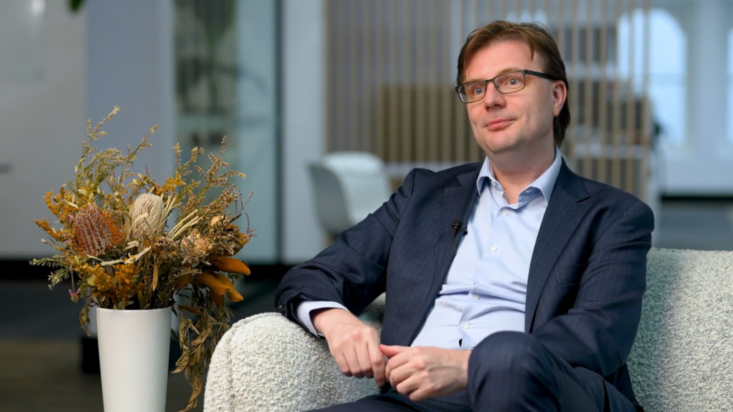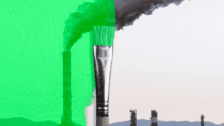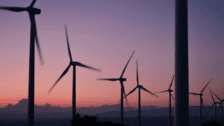Australian Ethical rotates to transition-linked metals as broader resources market weakens
As China struggles to emerge from its post-covid hangover and its market sits firmly in the doldrums, Australian resources producers have become faced with a problem; their biggest buyer doesn’t have the voracious appetite that it once did.
For investors and money managers alike, this opens up the opportunity to shift away from traditional resources and into resources that facilitate the energy transition, which means doing the right thing for the planet we inhabit becomes intrinsically linked with portfolio outperformance.
According to Australian Ethical, the rotation away from traditional legacy resources has already begun.
“In a way it’s been underway for a while,” said Australian Ethical deputy chief investment officer and head of multi assets John Woods on a recent post. “The Chinese economy has emerged from COVID in a different way to developed market peers, it was a slower reemergence. And we’ve seen with that resources have underperformed, particularly more recently.”
The sluggish reemergence of the Chinese economy has been a tailwind in performance for the ethical investment group, which typically limits investments in bulk items such as iron ore. It also gives Australian Ethical an exaggerated window with which to invest more into future energy scenarios that have tremendous scope for widespread adoption as developed economies drive towards net-zero targets.
At this time, Australian Ethical is keen on metals that are used in a lot of the technology fields that will facilitate this transition. “The recent underperformance in resources is giving us an opportunity to add metals positively exposed to the transition like lithium and copper to the portfolio at more attractive valuation,” Woods said.
The bet on metals is part of what Woods explains as being the wider scope of Australian Ethical’s push to invest in products that veer way from fossil fuels and facilitate viable alternatives. Naturally, these investments are made through a lens that incorporates ambitious benchmark return targets.
“We take a broad approach to investing for the transition, including capital in VC (venture capital), late stage private equity through a new investment in Octopus Energy, and importantly, we’re adding defensive exposures there.”
Flush markets
In the same post, Woods acknowledged how fully priced the global equities market is, and how careful investors need to be when deploying capital. By doing so when prices are at peak or near-peak levels, he explained, the level of risk is increased exponentially.
“A consequence of a very strong market is that valuations begin to look toppy or risky, and that’s evident in domestic equities and it’s really evident in international equities, particularly in the Magnificent Seven,” he said, referring to the dominant US technology stocks.
Obviously that bodes well for investment firms with well-diversified equity funds, but it does make further investment tricky. The team at Australian Ethical sees it as an opportunity to diversify and add more defensive assets to their flagship portfolio.
“One of the new exposures in our portfolio is in an infrastructure debt fund that we’ve done in partnership with another manager,” he said. “It offers cash-plus returns for investing in areas like financing new batteries as part of the transition. So high single digit returns. But a different risk to the economical valuation risk that you take with traditional equities.”











